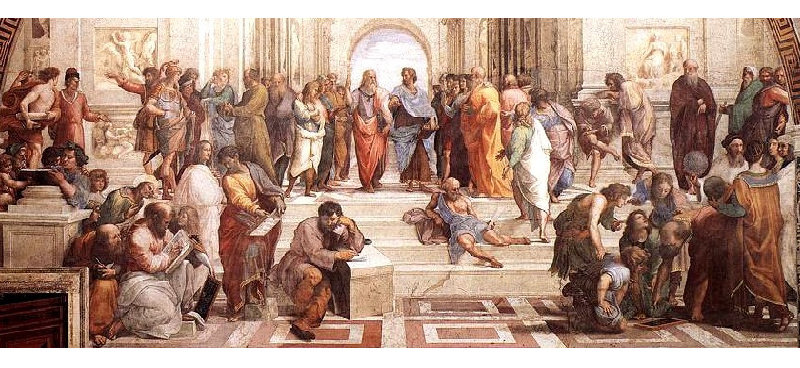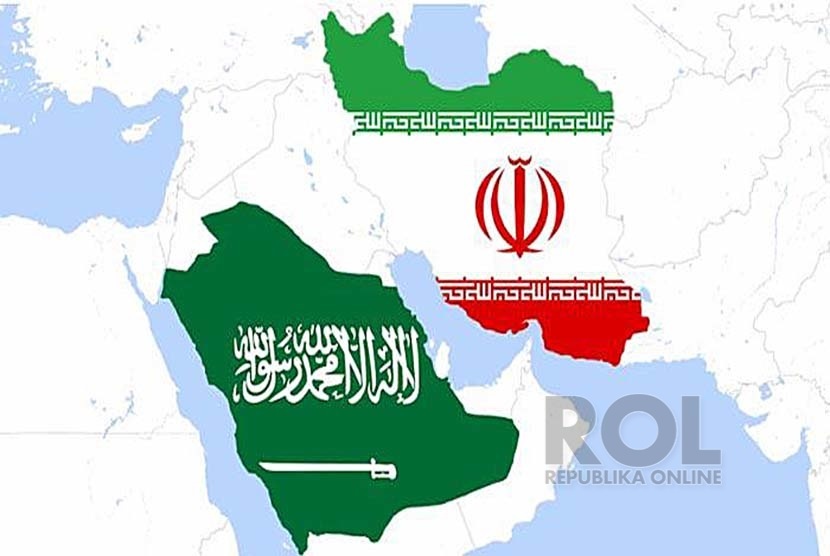Desa Jajar may not look very different from other villages, but don't be mistaken, this village in Gandusari District, Trenggalek Regency, has many amazing potentials and local wisdom. They also have a slogan "gumregah" which means a community-driven movement for the generation blessed economy. Its goal is to make the village more prosperous and well-off.
The village head, Mbah Ime, is an active person who often makes unconventional and perhaps strange moves according to others. But, it is his ideas that drive the development of the village, especially in the fields of economics and culture. Even though the village is not very strategic as it is surrounded by mountains and other villages, Mbah Ime is still enthusiastic and never gives up to make his village more advanced.
Desa Jajar is divided into three "dukuh": Krajan, Kebon, and Mbelik. They prefer to use the term "dukuh" rather than "dusun". This term is actually rarely used, but Mbah Ime wants to develop the local and traditional culture in his village.
LP2M and KKN MDB UIN Sayyid Ali Rahmatullah Tulungagung 2022 team and I once learned in this village for one semester. We learned a lot from them about local wisdom and ways to develop their village.
Moreover, Desa Jajar has many cool potentials! They have culinary delights, home industries, economics, and culture that will make you amazed. Speaking of culinary delights, Jajar has a unique traditional food named "Cukdeh". It is a package of rice cake and vegetables wrapped in young Jati leaves and accompanied by fried tempeh with rectangular-shaped batter. Yummy!
Desa Jajar's Potentials
You should know about Desa Jajar's many cool potentials! They have culinary delights, home industries, economics, and culture that will leave you amazed. Speaking of culinary delights, Jajar has a unique traditional food named "Cukdeh". It is a package of rice cake and vegetables wrapped in young Jati leaves and accompanied by fried tempeh with rectangular-shaped batter. Yummy!
Fragment of Desa Jajar's History
Wow, I have the opportunity to delve into the village chronicles of Jajar written by fellow students from KKN MDB UIN Sayyid Ali Rahmatullah Tulungagung. This village is awesome! Apart from its impressive cultural heritage, Desa Jajar also has graves and sites that leave us fascinated.
In this village, there is a grave named Sarean. Do not be mistaken, Sarean is not the name of a tomb or a relic, but rather the name of a spring that exists in this village. It is said that this spring has been present since ancient times and might have been a resting place for travelers back then, hence the name Punden Sarean. But, why is this spring associated with a grave?
Perhaps the villagers believed that this spring had magical or sacred powers, so they regarded it as a grave. Or maybe it was revered as a shrine by the people in the village. Who knows for sure?
However, Punden Sarean has become one of the tourist attractions in Desa Jajar. If you visit this village, do not forget to drop by here!
Have you ever read the book "The Religion of Java" by Clifford Geertz? In this book, it was explained that the "pundens" in Java are often identified with springs, big banyan trees, old tombs, and the like. In Desa Jajar, there is a place called Sarean that is categorized as a "punden". Cool!
Aside from Sarean, there is also the Batu Lumpang site in Desa Jajar. This stone was purportedly used to grind food ingredients until smooth. However, no one knows for sure when this stone first appeared. It is possible that the Jajar region was inhabited by human civilization since a long time ago, and the stone was a relic from the era of kingdoms. Batu Lumpang is also a toponym of one of the hamlets in Desa Jajar, namely "Nglumpang".
There is an interesting story about the history of Desa Jajar. It is said that the chronicles of Desa Jajar began with two figures who came from Tembayat, Central Java, named Mbah Abdurrahman and Mbah Jayagati in the 1700s. They embarked on a journey from Tembayat towards the east and found a row of Lo trees, which later became known as Jajar. However, those trees no longer exist. There is also an old grave in the middle of the villagers' rice fields which they refer to as the tomb of Mbah Sari/Sarito. It is believed that Mbah Sari was once a member of Dipanagara's forces. After the Javanese war, many of Dipanagara's forces fled towards the east and established small villages. Hence, Mbah Sari's presence in Jajar is estimated to be around the mid-1800s. However, no one can say with certainty who this figure truly was.
So, that's a little story about Desa Jajar. Isn't it exciting to know the history and uniqueness of a village?
Cultural-Rich Village
In Desa Jajar, there is a tradition that has been continuously held until now. It is called "tiban," which means the emergence of something unexpected. This tradition is performed once a year to pray for rain. There are two types of tiban in Desa Jajar, namely ritual and festival. Ritual tiban is carried out following the set rules and time, while festival tiban is more flexible and only aimed for entertainment.
What is important is that both types of tiban are still preserved in Desa Jajar. In addition, there are many other local wisdoms such as Megengan Show, classic and iconic salawat, Salalahuk, Jamasan in Jeding Wanatirta, and many more. All of these demonstrate that Desa Jajar has a rich rural culture.
According to Kakawin Nāgarakṛtâgama or Kakawin Deśawarṇana, a village is crucial. A village is considered as the heart of civilization. If the village is damaged, then the country will also be destroyed. Therefore, Desa Jajar should preserve and maintain its cultural heritage.
Desa Jajar is worthy of being called a cultural-rich village. It is a small village that has a rich history and cultural values of Java. In fact, Desa Jajar has been included in the tourism development program of the Trenggalek Tourism and Culture Office.
Hopefully, the village's government and the district government can collaborate to preserve and maintain the cultural traditions of Desa Jajar. It should not only be a one-sided claim or focused solely on development. We must truly accompany and preserve our culture.






















